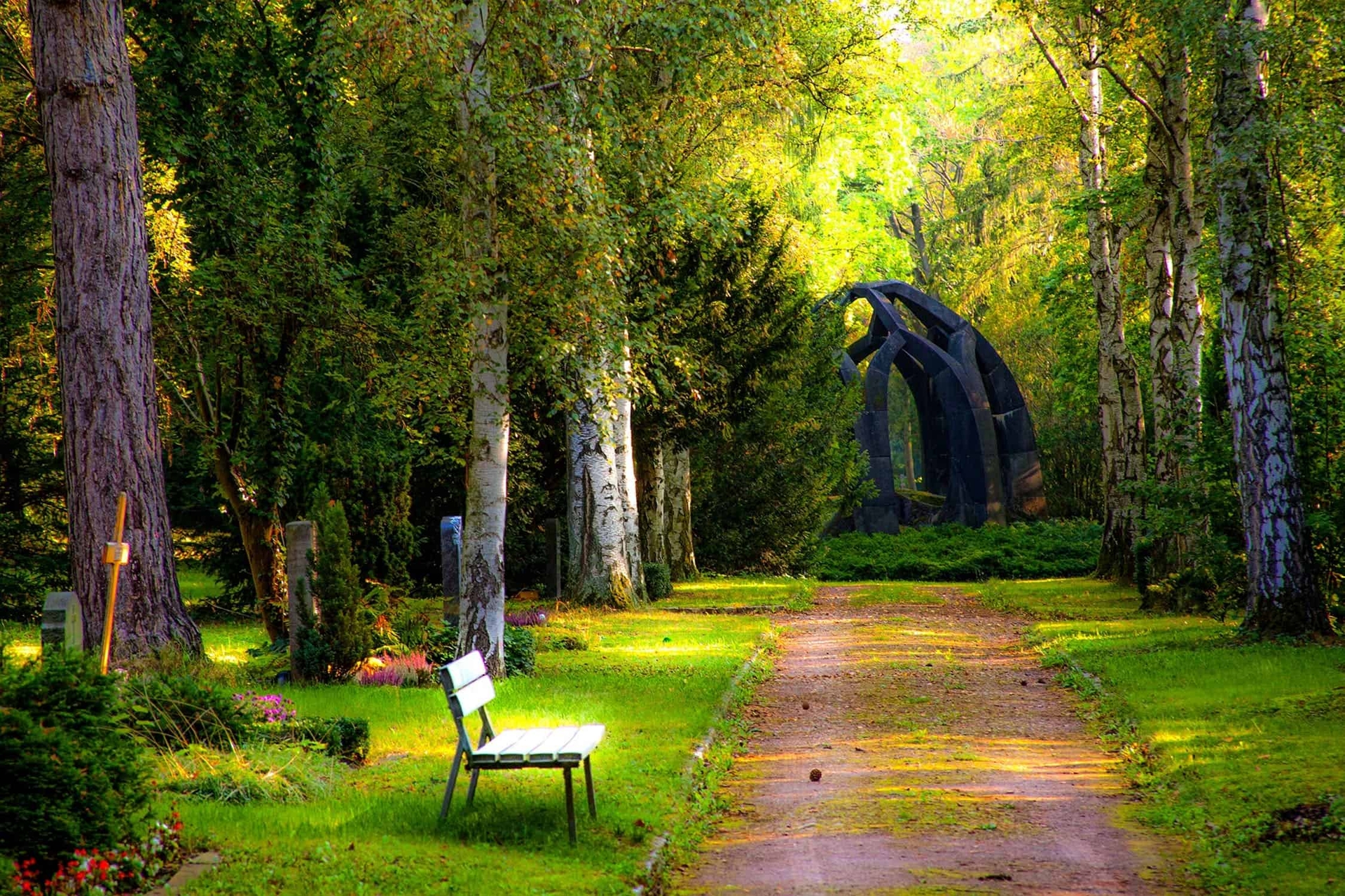The dictionary defines grief as, “Deep sorrow, especially that is caused by someone’s death.”
“Grief never ends, but it changes. It is a passage, not a place to stay. Grief is not a sign of weakness or a lack of faith, it is the price of love.” – Author unknown
People grieve in many different ways. Although I can’t think of nothing worse than losing a child, especially an adult child. A friend who lost a daughter several years ago, brings her loss into every conversation, which makes those around her extremely uncomfortable. She is so absorbed in her grief that she does not see what she is doing to her own life.
Many caregivers say goodbye to family members long before their actual death. Another friend of mine cared for her husband at home for five years after he went into a fetal stage with Alzheimer’s. With his Alzheimer’s, it impeded his ability to communicate. When he died, she said that she had already done her grieving for her husband years before his death. She was glad to be able to face life again without the stress of caring for someone who was no longer aware of the world around him.
These are just two of many stories about how grief affects people, especially those who have been caregivers. Others steep themselves in grieving, losing sight of the fact that they are individuals with a life ahead of them. Others hide their grief, making themselves ill to the point of their own deaths. Then, there are those that throw themselves into a sexual relationship as a way to overcome grief, and often wind up deeply regretting their action.
The loss of a loved one sets you aside for a time, as people give you time to grieve. A person is far healthier when they can recognize that grief is normal. The one you are missing from your life would want you to continue on with your life, continuing projects started together, sharing memories made during your lifetime together, and finding new ways to be actively involved with your family and your community.
People who volunteer are far healthier and more content with their lives than those who continue to carry grief with them as a burden. Joining the Caregiver’s Initiative after my husband’s death added new purpose to my life, and I have made new friends along the way.
Continuing on with normal activities while caregiving, ones that you pursued prior to when caregiving absorbed most of your time, is vitally important to your health and happiness after the one you are caring for dies. During my husband’s long decline, I continued my normal activities as much as possible. Respite care made that possible. As a physician, my husband counseled many caregivers. Two points he insisted on was that the caregivers continue their normal activities as much as possible, and that they take care of their own health.
Learning to be a single person again was not easy. The loss of my partner of 64 years was a loss I could not imagine. However, I knew that that he would want me to live a good life as much as possible, as long as possible. Helping others to get over the intense waves of grief that come at odd times, sometimes with tears streaming down in the middle of a grocery store, has made my own grief become more bearable.
Bereavement counseling helps, as do grief sessions. Many churches and even hospitals provide these sessions. Each time we share a memory, it adds to the fullness of our lives. Each moment with a child, family member or close friend reminds us of the times when we were all younger together. Each moment of sharing laughter or tears, is a way to make grief more bearable. In time, grief diminishes, but it is always there.
There are times when I am surprised by the pure joy of a moment and wish I could share it with my husband, but then I look at that joy as a gift that makes life easier without him and then I go on with my own life.
By
Jean Myles
